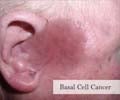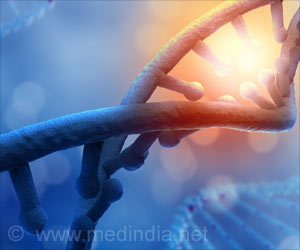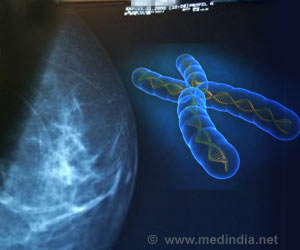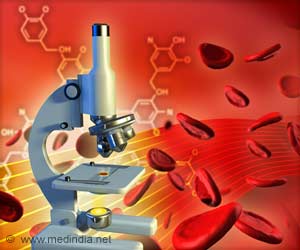Attacking cancer cells from the outside in by targeting altered proteins with antibodies, a viable therapeutic approach for previously undruggable cancer targets.

‘Antibodies target altered cell surface proteins produced by RAS mutation- associated cancers outside of the cell.’





RAS serves as a major communication hub that relays information from outside the cell to as many as 12 different signaling pathways inside the cell, including the MAPK and PI3K pathways, which then collectively induce changes to our cells. Nearly one third of all human malignancies are caused by one of the three RAS isoforms (KRAS, NRAS and HRAS) being activated by a mutation, making RAS an important focus in cancer research. "While there are intense efforts to target signaling pathways within the cell, very little is understood about how RAS signaling can regulate the set of proteins expressed on the surface of a cell at any time," said senior author James Wells, PhD, professor of pharmaceutical chemistry and member of the Helen Diller Family Comprehensive Cancer Center at UCSF. "More studies in this area would help us understand how mutations in RAS signaling drive malignancy, and may point to novel targets for antibody and cellular-therapy-based treatment in RAS-driven cancers."
Study overview
Wells, who holds the Harry Wm. and Diana V. Hind Distinguished Professorship in Pharmaceutical Sciences at UCSF, began looking into the influence of RAS signaling on the proteins present on the surface of cells. Using an analytical technique called mass spectrometry, his team studied a particular cell line called MCF10A and discovered a signature of surface proteins that change when cells are transformed with a KRAS mutation called KRAS G12V, and driven by MAPK pathway signaling.
Next, the team generated a toolkit of antibodies that target seven of these RAS-induced proteins. Applying the antibodies to their targets revealed that five of the proteins are broadly distributed on cell lines harboring KRAS mutations. A parallel study using a cell-surface CRISPRi screen - which uses CRISPR-Cas9 technology to temporarily switch off specific genes in order to investigate their function - later found that signaling proteins involved in integrin and Wnt signaling are critical to RAS-transformed cells.
Advertisement
"While our results provide a large number of interesting proteins to follow up, we decided to focus on targeting CDCP1," said study first author Alexander Martinko, an NSF Graduate Research Fellow at UCSF. "Our antibodies did not appear to inhibit CDCP1, but we were motivated by the fact that it was over-expressed in many RAS-driven cell lines. This suggests that it could be an attractive target for an antibody-drug-conjugate treatment."
Advertisement
Source-Eurekalert











